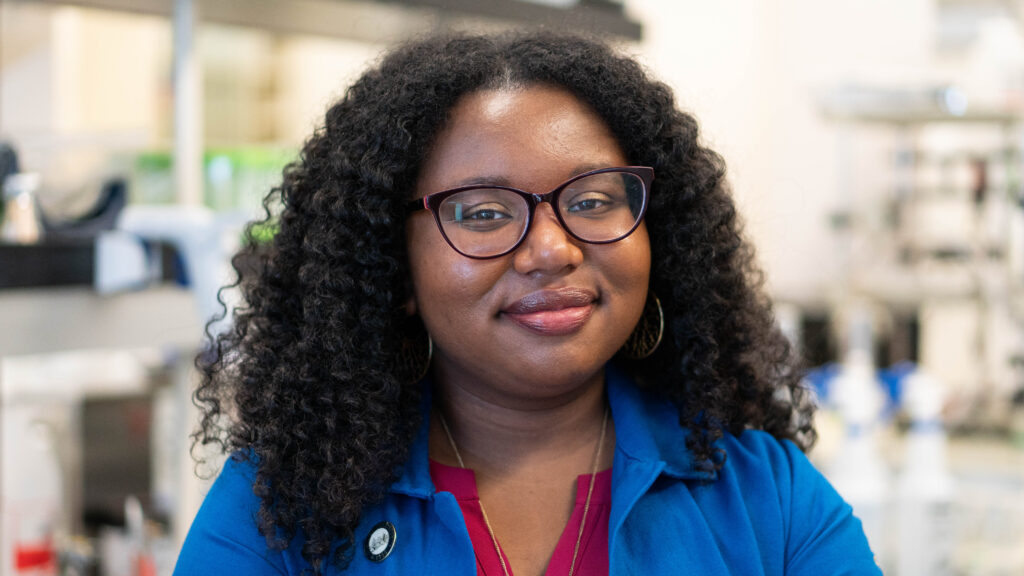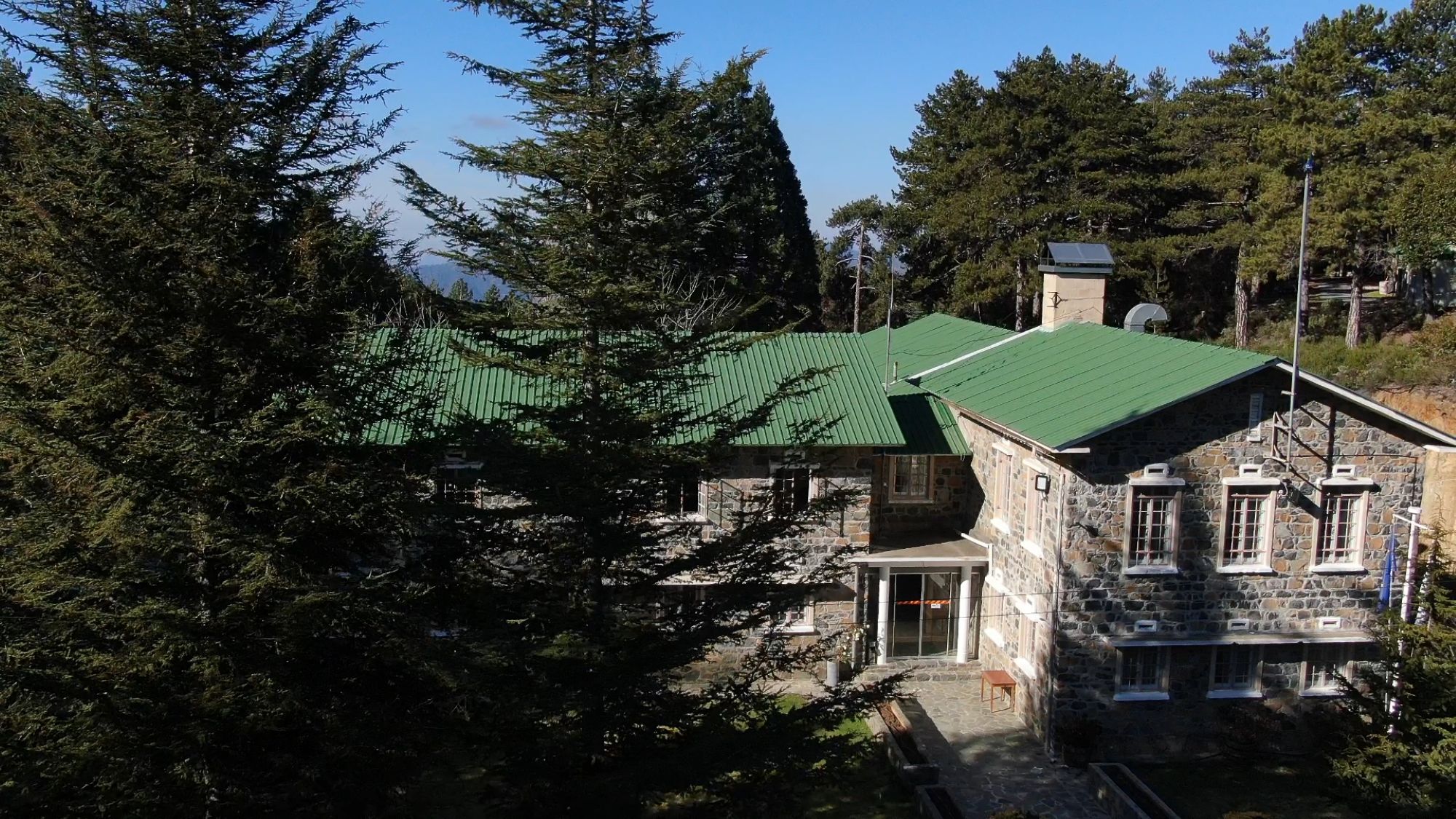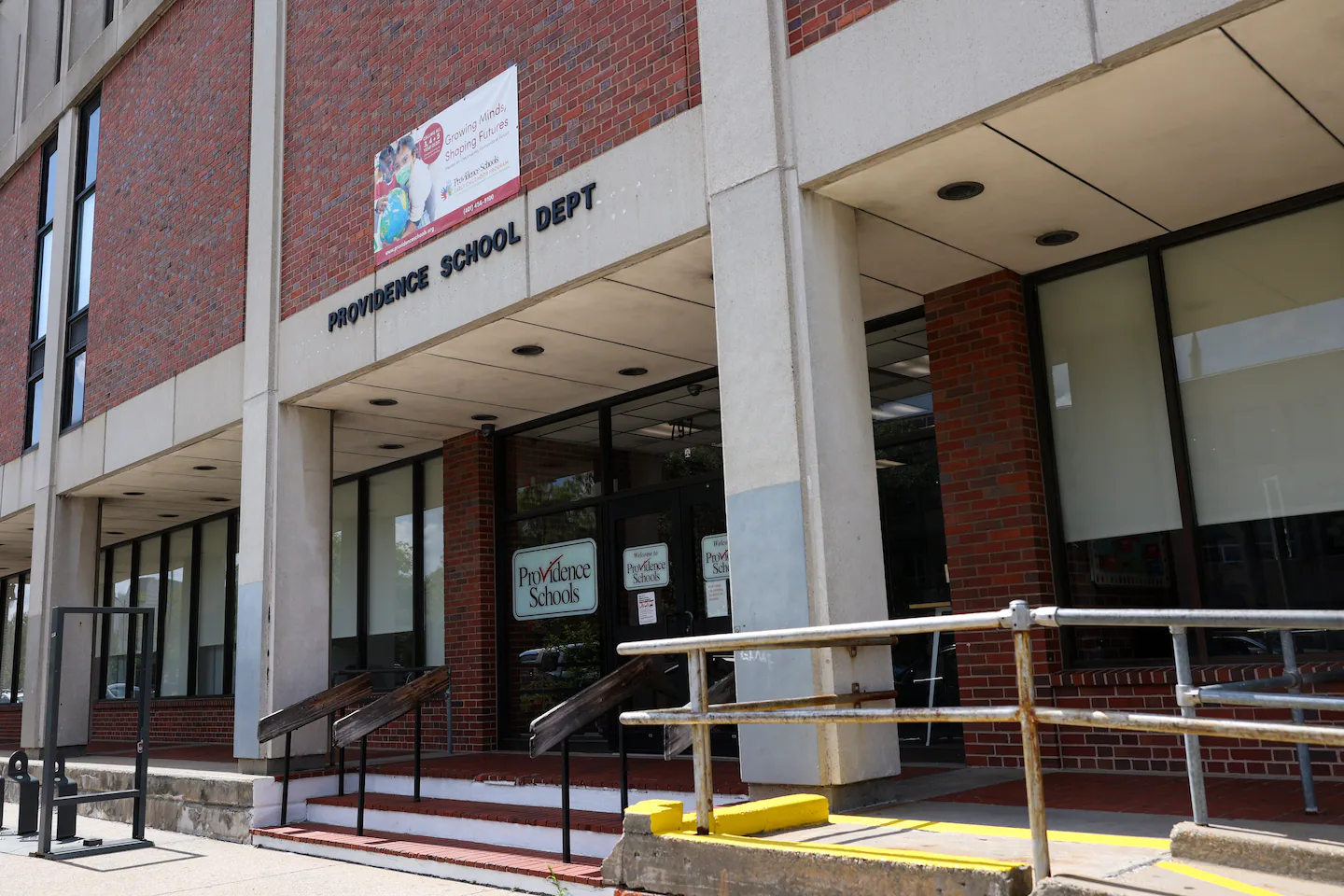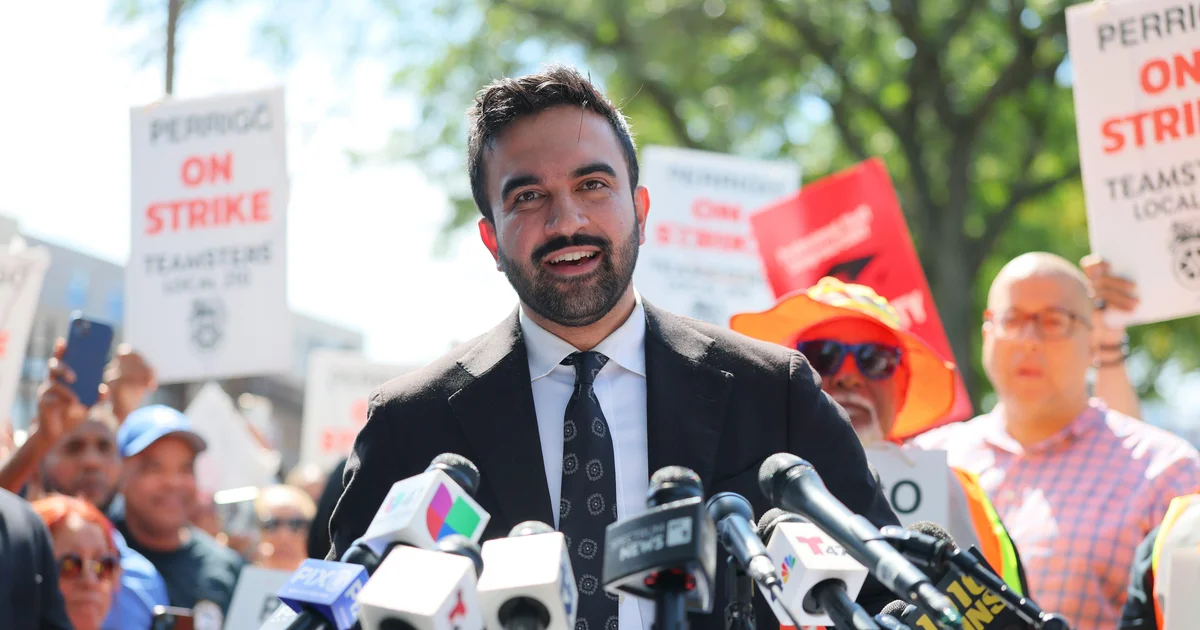
WASHINGTON — Last year, when organizers were planning 2025’s Black in Neuro week, the conference was meant to be a celebration. Little did they know that hosting the event at the University of the District of Columbia would put attendees just up the road from an administration that has ordered a wholesale defunding of work to diversify the scientific workforce and terminated training grants that supported many of the group’s scientists.
The conference, which took place over three days last week, ended up being something between a victory lap marking the organization’s growth and a sober assessment of the political landscape as the Trump administration works in opposition to Black in Neuro’s goal of creating better support systems for Black neuroscientists.
Advertisement
“This is something where we are celebrating, because even just to get to five years from where we started, which was literally just a group of students that met together online, I think there’s beauty in that,” said De-Shaine Murray, the group’s current president. Still, as a postdoctoral researcher and an immigrant from the U.K., Murray said this year has been difficult for him and others in the Black in Neuro network. “The landscape has really changed, and especially this year, has become pretty difficult with hiring freezes.”
The sessions highlighted the work of Black neuroscientists in academia, but also offered attendees guidance on alternative career paths including health tech and science policy.
“Given the continued disruption we see to academic jobs, we’re also delving more deeply into different paths that you can take,” Murray said in his opening remarks.
Advertisement
Black in Neuro was formed in 2020, amid the Covid pandemic and shortly after the killing of George Floyd, a moment when institutions were reckoning with the ways racial bias pervaded scientific institutions. While the first Black in Neuro week was supposed to be a one-time event, it morphed into an active organization. The group began with about two dozen graduate students and now boasts more than 1,600 scientists in its member directory.
The founders wanted other Black neuroscientists “to know that we’re here and we support each other — even if you are the only Black person in your department or your lab, you still have community and you have people that love and care about you and are trying to support you on your journey,” Angeline Dukes, one of the cofounders, said in an interview. “That still holds true now, right, where so many people are feeling alone and stressed out, having their grants canceled and just in not a great place in the same way that they weren’t in a great place in 2020.”
Now a professor at the University of Minnesota Twin Cities, Duke’s work running programs to increase the diversity of neuroscientists has been disrupted by the Trump administration. One federally-funded program was dedicated to supporting researchers as they transition from Ph.D. candidate to postdoctoral researcher and then professor. The program’s renewal application was sent to a study section, a group of researchers who review proposals for the National Institutes of Health, that no longer existed. Another provided two years of research experience to students who were not able to conduct research as undergraduates and wanted to attend graduate school. The funding was terminated, then subsequently reinstated because of a court ruling. But the funding opportunity for that grant no longer exists, making it unlikely that it will be renewed.
“The fact is we are going to lose so many incredible students from neuroscience, from academia, from higher education in general, without these programs and funding opportunities,” Dukes said.
Advertisement
The numbers are already low. A 2017 survey estimated that 4% of neuroscience Ph.D. graduates are Black, but Black people make up 14% of the U.S. population. That figure falls to 3% for postdoctoral researchers and just 1% of faculty in the field. Attendees said being at a conference dedicated to Black neuroscientists was refreshing since they may not encounter many other Black neuroscientists at their institutions or at other neuroscience conferences.
“I would have loved to have something like this 20 years ago when I started out, but now I can provide my experiences navigating through the field without these resources, without these communities, and hopefully provide more perspective and support for this next generation of scientists,” said Dosh Whye, a stem cell researcher at Boston Children’s Hospital. Whye has gotten involved with Black in Neuro’s mentoring program, where he has helped students apply to Ph.D. programs. That support has become even more crucial this year, as some institutions have shrunk Ph.D. cohorts because of a lack of funding.
Delissa McMillen, a researcher at the Allen Institute, presented her latest research at a poster session, where she spoke with early-career researchers about how she can support them. Because it is privately funded, the Seattle institute has not been as affected by federal funding cuts. McMillen, who researches gene expression throughout the brain, offered her wealth of data to students who may not have funding to collect data on their own.
“I generate 230 terabytes of data a month. I cannot use all that data,” she said. “So the best thing I can do right now is when there’s a funding shortfall for many labs, is introducing them to our data sets, teaching them how to use our dataset that can help continue to move science forward. What we don’t want is a stagnation of science during this time.”
Several attendees noted that the rhetoric from the outside world had become increasingly brutal over the last year. “I feel like since January, we’ve been receiving messaging from all over the country that we are basically worthless and don’t have the merit to be in the spaces we’re in, and couldn’t possibly ever have the merit to be in the places we’re in. Many of us are isolated in our institutions, and funding uncertainties make it difficult to go to conferences and gather. So this is a nice way to really be all in the same room and feel empowered, feel like there’s community,” said Lindsay Ejoh, a Ph.D. candidate and social media influencer who was on a panel discussing misinformation.
Advertisement
Ejoh is funded by a diversity program from the NIH that includes funding for postdoctoral research. As many other programs were being terminated, she posted a video on her concerns about losing her own funding, and said she was flooded with negative messages.
“I could not emotionally handle dozens of hate messages every day,” she said. It prompted her to step back from social media temporarily. When she began posting again, she focused less on talking about DEI and more about misinformation.
For Black in Neuro, the conference is just one of many initiatives. The organizers are creating more local chapters and are building a network of neuroscience researchers at historically Black colleges and universities. HBCUs train about a quarter of African American graduates with STEM degrees, but only two of the 99 HBCU’s offer degrees in neuroscience.
“This is a gap that we can fill right now, especially when funding is being cut for science across the board, but especially hurting HBCUs,” said Jheannelle Johnson, one of the organizers of Black in Neuro’s HBCU initiative.
Many of the attendees who talked to STAT said amid widespread hostility toward talking about diversity and disadvantage, the conference was a refreshing sign that the community will find a way forward.
“I feel like the fact that this was able to happen despite all that was a really powerful testament,” said Violet Kimble, a Ph.D. candidate at Yale. She felt she needed to “show that I want this to happen and to continue to happen. Whatever year one’s conference looks like, who cares? Because it means we’re gonna have another one.”



